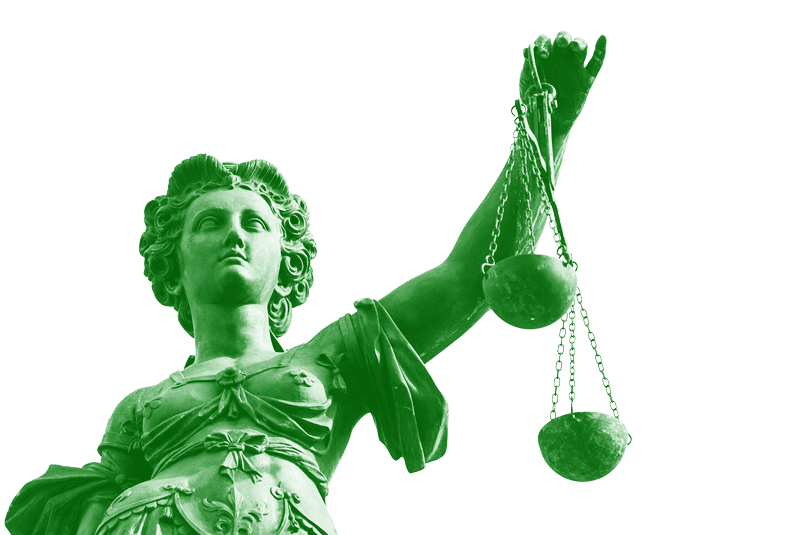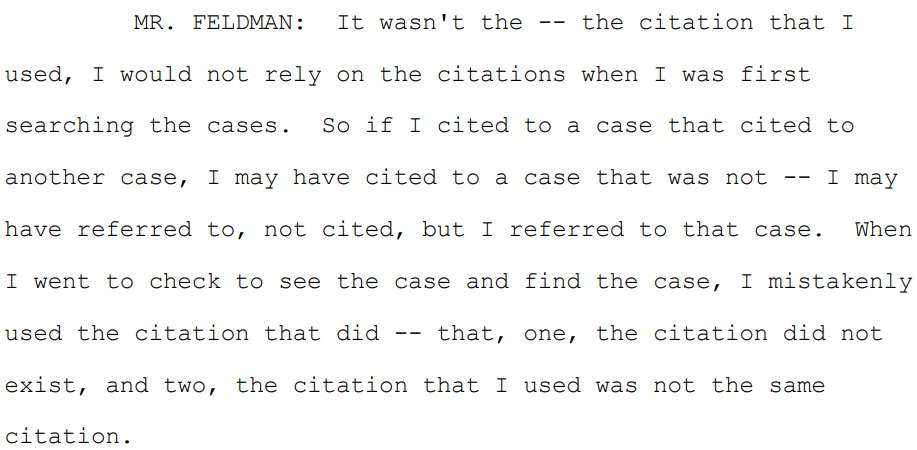On Tuesday, I wrote about how the New York Times covers the Supreme Court. Jodi Kantor boasted that "I just want them to know we're watching them." And they mean it. Journalists traveled across the globe to figure out where Justices Thomas and Alito spend their vacations. Indeed, they even interviewed their neighbors! No stone was left unturned, no flag left unfurled.
My post suggested that this sort of scrutiny should be applied to both sides of the spectrum. I wrote:
Speaking of balance, I'd like to know how Justice Jackson reacted to all of the anti-ICE statements during the Grammy's. Remember how closely Justice Alito was scrutinized after the 2010 State of the Union address? An MSNBC reporter talked to Judge Emil Bove after the President's rally in the Poconos. Certainly someone checked in with KBJ on this point, right?
Four days later, what has the mainstream media done? Bupkis. As best as I can tell, we only have unsourced reports. The New York Post reports:
But she should have stayed home rather than laughing and clapping in the audience with a bunch of virtue-signaling luvvies ranting "F–k ICE" every time they got on stage.
Fox News picked up that line in a piece titled Supreme Court
Blackburn demands investigation into Justice Jackson over Grammy appearance applauding anti-ICE rhetoric.
But Senator Blackburn's letter to Chief Justice Roberts doesn't state that KBJ was applauding or clapping or laughing. Rather, the letter focuses on the "ethical questions raised by her attendance at such a highly politicized event." Blackburn calls on Chief Justice Roberts to "conduct a thorough investigation into Justice Jackson's attendance at this event."
I think there are two separate issues here. First, did Jackson make a mistake merely by attending? In other words, should she have known this event would become a partisan rally. (It seems Jackson was already in town for events at Pepperdine in sunny Malibu on the Friday before the Grammy's.) I think any reasonable person could have predicted what would happen when elite musicians gather to celebrate themselves. When Justice Jackson received concert tickets from Beyonce, the Supreme Court PIO actually put out a statement saying "Justice Jackson is 'Crazy in Love' with Beyoncé's music. Who isn't?" Not quite. According to a 2018 poll, Beyonce was the "most politically divisive celebrity," topping both Sean Hannity and Rush Limbaugh. (This figure is measured by the spread in net favorability spread between Republicans and Democrats.) It is impossible for sanctimonious artists to gather without attacking Republicans. Anyone remember the Dixie Chicks?
For a more recent example, look no further than the 2025 Grammy's, which occurred shortly after President Trump's inauguration. The event was replete with partisan statements. Don't take my word for it. Check the Buzzfeed listicle titled, "Here Are All The Times Celebrities Spoke Out About The Trump Administration And Politics During The Grammys."
Let's assume that Justice Jackson was woefully unaware of what sort of partisan event the Grammy's would be. (How, I cannot fathom.) Once she attended, saw all the anti-ICE pins, and realized it was so partisan, she should have excused herself and left the room. (I have been to events before where judges leave the room at particular juncture when the discussion takes a turn for the worse.) But it does not appear that she left.
Judge Emil Bove was slammed for going to a speech by the President, which was derided as just a partisan rally. Would anyone think the Grammy's would be any different--especially in the wake of the situation in Minnesota? Here, I quote from Fix the Court's complaint against Judge Bove:
But last night's event in Pennsylvania — prominent conservative voices are calling it a "rally," so that's what I will call it here — was a far cry from the State of the Union or a state dinner for its abject partisanship. It should have been obvious to Judge Bove, either at the start of the rally or fairly close to it, that this was a highly charged, highly political event that no federal judge should have been within shouting distance of. . . . There are no reports that Judge Bove vacated his seat after hearing any of these injudicious comments. The Code of Conduct for U.S. Judges is fairly clear here. Canon 2 states that a judge "should avoid impropriety and the appearance of impropriety in all activities." Attending a Trump event — and not leaving when it became clear that the speech was, in fact, a partisan rally — violates this canon.
This letter would apply equally to Justice Jackson.
There is a second issue: did Jackson actually laugh and clap, or did she sit stoically? Chief Justice Roberts described the appropriate pose during the State of the Union "pep rally" is sitting like a "potted plant." What is the sound of one Justice clapping? Perhaps during one of the after-parties the Justice discussed the issue? If the press can track down a German Princess that Justice Alito visited, certainly the press can interview anther royal, Queen Latifah, who was photographed with KBJ. If Jackson did show some reaction, then we are beyond the appearance of impropriety--there is an actual evidence of bias. KBJ would have to recuse, at a minimum, from immigration-related cases. Then again, RBG called Donald Trump a "faker" and worse, but never stepped aside from a single case.
What next? There were thousands of people in attendance at the Grammy's. And I'm sure a camera was fixed on her at all times. Certainly someone knows something about how she reacted to the anti-ICE remarks, right? Certainly there is some footage that might answer the question, right? Unsurprisingly, the liberal artists at this event would have no interest in getting KBJ in trouble, so they will not be of help.
How can we find out what happened? Senator Blackburn asks for an investigation:
To that end, in the interest of a fair-minded, impartial, and independent federal judiciary, I urge you to initiate an investigation into Justice Jackson's attendance at this event and if her participation in any way would require recusal from matters that will come before the Court.
The Supreme Court is not subject to the same standard as lower court judges. But let's apply Chief Judge Sutton's test from the Boasberg complaint. Is the mere fact of Jackson's presence enough to warrant further fact-finding to determine the circumstances of her attendance? The Chief Justice could always just ask Jackson whether she thought it appropriate to leave the theater or if she expressed any reaction. The Court could also inquire of CBS whether any footage exists that may shed light on the situation. Or, is this letter so frivolous that no further fact finding is warranted? If only some enterprising journalists were actually watching the Justice at a televised awards show. New York Times, swarm.
Unlike Boasberg's remarks at the judicial conference, where he was surrounded by judges, Jackson's appearance was surrounded by elites who are unlikely to leak anything to The Federalist.
If the Chief Justice does nothing, I suspect Congress will take the matter into its own hands.







Show Comments (7)